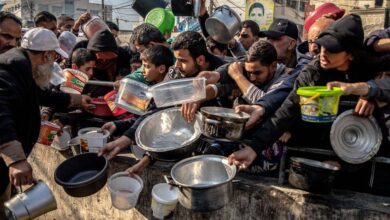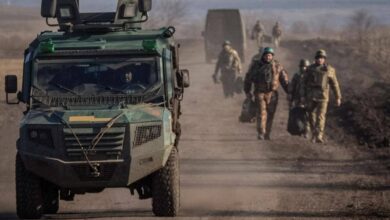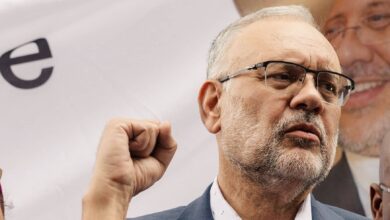
The situation has become dangerous ever since the assassination of Hamas leader Ismail Haniyeh in Tehran, and now a regional war could be expected.
The assassination of Haniyeh recently, following the Israeli attack on Hezbollah’s military head in Beirut, has led to Iran and its factions threatening retaliation. Yet, factions in Lebanon, Yemen, Iraq, and Syria backed by Iran are already engaged in a war with Israel and Hamas in Gaza.
Because of these incidents, most recently, America said it will deploy warships and fighter jets in the region to increase security. On the same note, the Western countries have advised their citizens to leave Lebanon due to the powerful Iran-backed Hezbollah movement in Lebanon. Another sign is that there are no flights to Lebanon.
The situation is still very tense: on Saturday, both Israel and Hezbollah again fired at each other. The Israeli military also carried out a lethal operation in the West Bank. It hit a school complex in Gaza City that the Hamas-run territory’s civil defense said was home to at least 17 deaths.
Hezbollah insisted on responding and fired many more Katyusha rockets on Beit Hillel in north of Israel as a response to raids on Kfar Kela and Deir Siriane in Lebanon.
With killings and retaliations intensifying the cycle of violence, it became possible to speak about the extension of the conflict to the regional level due to the desire of Iran and its proxies for revenge. International mediation is being carried out to reduce tension and prevent war from breaking out in that part of the world that has been deemed as sensitive.



